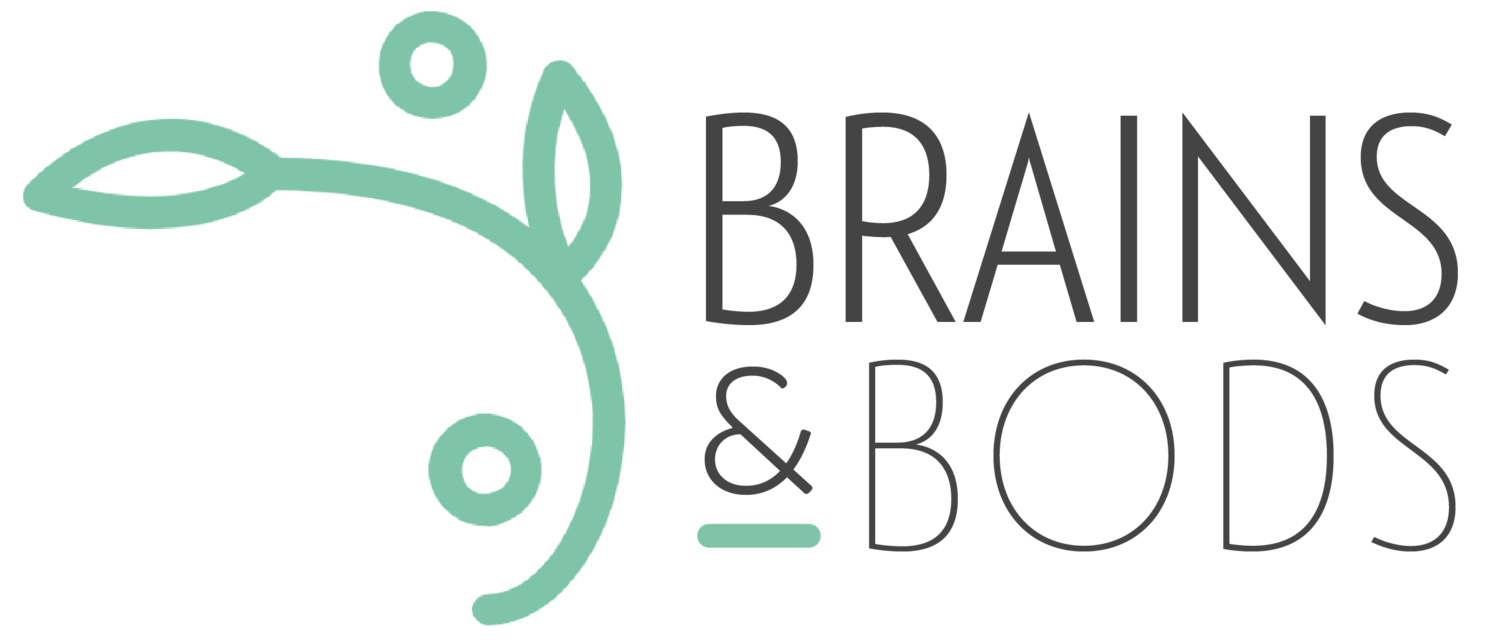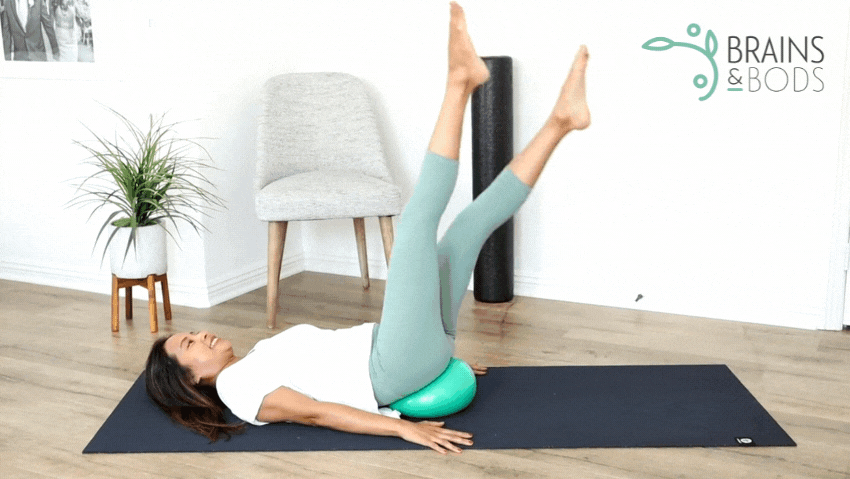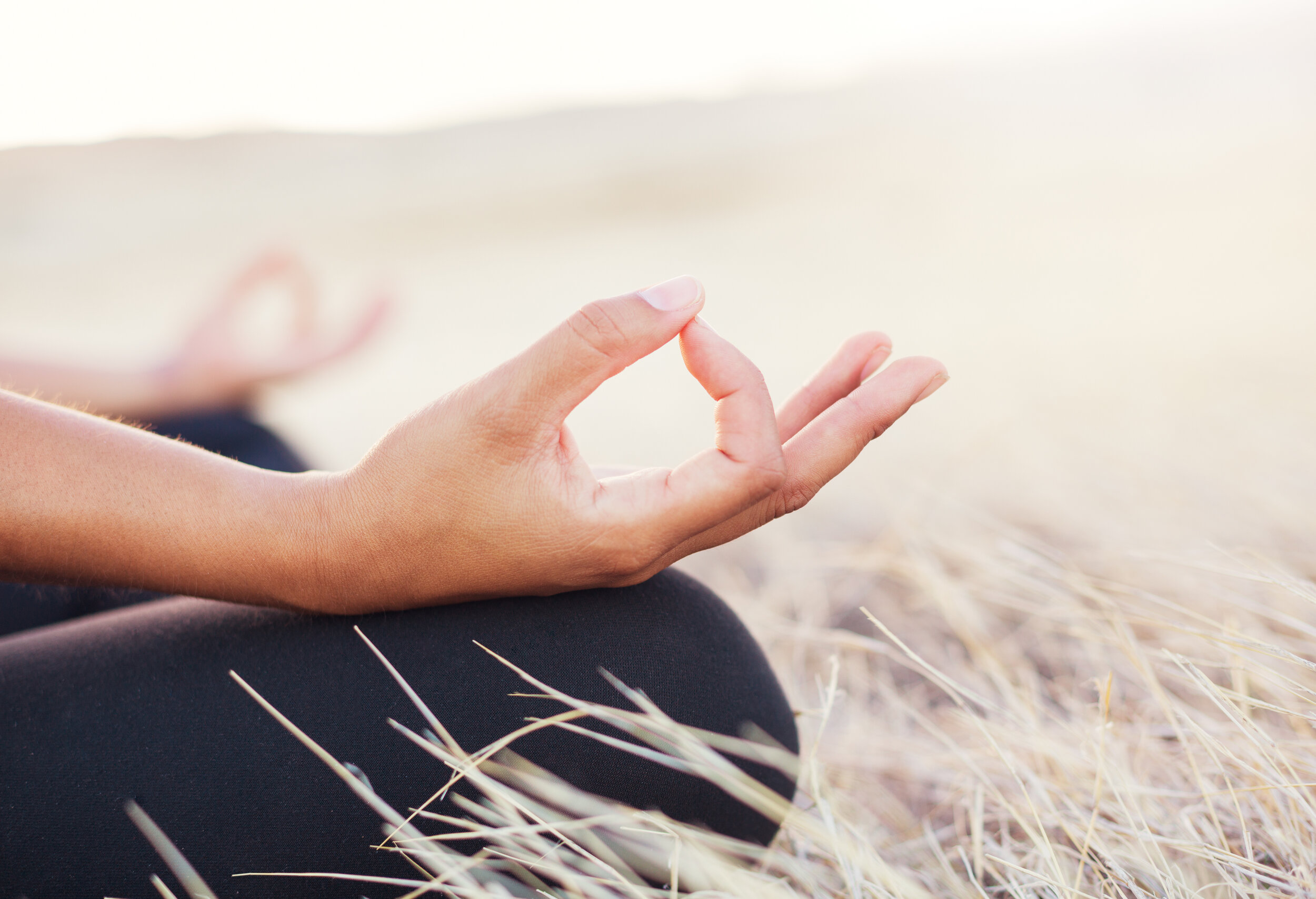How to Create Good Habits in 2021
With 2021 flying by, it might be time to refresh your daily habits and get back on track. I never make New Year's resolutions, because I tend to give up after a week or so. Mistakenly, I previously assumed that I would automatically make better choices when it came to food, exercise, and procrastination when put to the test. After continuing years of bad habits, it’s really hard to break them, let alone create new ones that stick. Don’t get me wrong, I am committed to making positive changes this year when it comes to all those things, but I wanted to share how I plan on doing it.
I recently read the book, Atomic Habits: Tiny Changes, Remarkable Results by James Clear, and I feel forever changed. In reading this book, I have identified several patterns that I often fall guilty to, but now I feel confident that I can change these patterns. Honestly, I feel very excited by the prospect that I can make little positive changes now that will only benefit me in the future. There is something almost empowering about having a plan to make these changes.
One of the most powerful quotes from the book is:
“If you have trouble changing your habits, the problem isn’t you. The problem is your system.”
There is a degree of self awareness that is important in identifying a negative behavior and swapping it for a positive one. Once you identify a positive habit that you want to implement in your daily life, you can follow these four laws. Clear describes four laws of behavioral change:
The 1st law: Cue
You need an obvious cue to perform the behaviour, the most common cues being time and place. For example, meditate at 7:00 AM in your bedroom. The author gives examples of compounding habits to make them stick. Something like, after I get up and go to the bathroom, I will sit on my yoga mat and meditate for 2 min. Commit to a specific cue!
The 2nd law: Craving
The craving describes the underlying motivation of why you want to do something. This could be, I want to meditate before work to manage my stress levels and to start the day off positive and focused. I know when I have meditated before work, it was easier to handle my emotions and stress levels throughout the day. You have to understand why you want to make a change. It needs to be something appealing to YOU.
The 3rd law: Response
The key is to make it easy, so you can perform this behavior frequently. When you make it easy, you can continue the habit even if you don’t feel like it. For something to turn into a habit, it's all about frequency, not the total amount of time you’ve been doing it. Even meditating for 2 minutes every morning is better than 5 minutes every week. This seemingly small daily ritual will become automatic and immediately fulfilling. Start with 2 minutes of an activity, and do it daily.
The 4th law: Reward
You want this new habit to be satisfying. People are more likely to repeat behaviors when they are immediately rewarded. After meditating and maybe some breathing exercises you will likely feel centered and prepared for the day. Meditation tends to have an immediate response. If the new habit you choose does not necessarily elicit an immediate response, then you can try to follow up your new habit with something that makes you happy. This could be something as simple as drinking a cup of coffee on the patio. Now you’ve created a positive correlation of enjoying your coffee after performing your new habit.
The book expands greatly upon these laws, giving examples, and explaining the psychological processes that occur as well. There are a few exercises in the book that can help narrow down positive versus negative habits and the best way to meet your goals. We do so many things in our life out of habit. Some of these are good and some not so good. People tend to stick to routines, even when they can be unproductive, which can eventually lead to negative outcomes. Stress, fear, and loneliness are some common reasons for engaging in negative habits. There are many factors that influence why people make certain decisions. Different personalities, beliefs, and life experiences are all factors that influence decision making.
Remind yourself that YOU have the ability to swap out those negative habits with positive ones. A new habit should not take more than two minutes to perform, as a general rule from the book. You read that correctly — TWO MINUTES!
Keep your plans simple and rewarding. Choose something that motivates you, but isn’t too hard. Once you find that balance, stay the course! And if you’re having trouble following through, read the book and discover what you can change about your process. Little changes will make a huge difference! Let’s start the new year making tiny positive changes that will eventually change your world in a BIG way.

















Do you struggle with side planks? Try a modified version on your forearm and knee. You can add different exercises in this position to work the side body while working towards a full side plank.